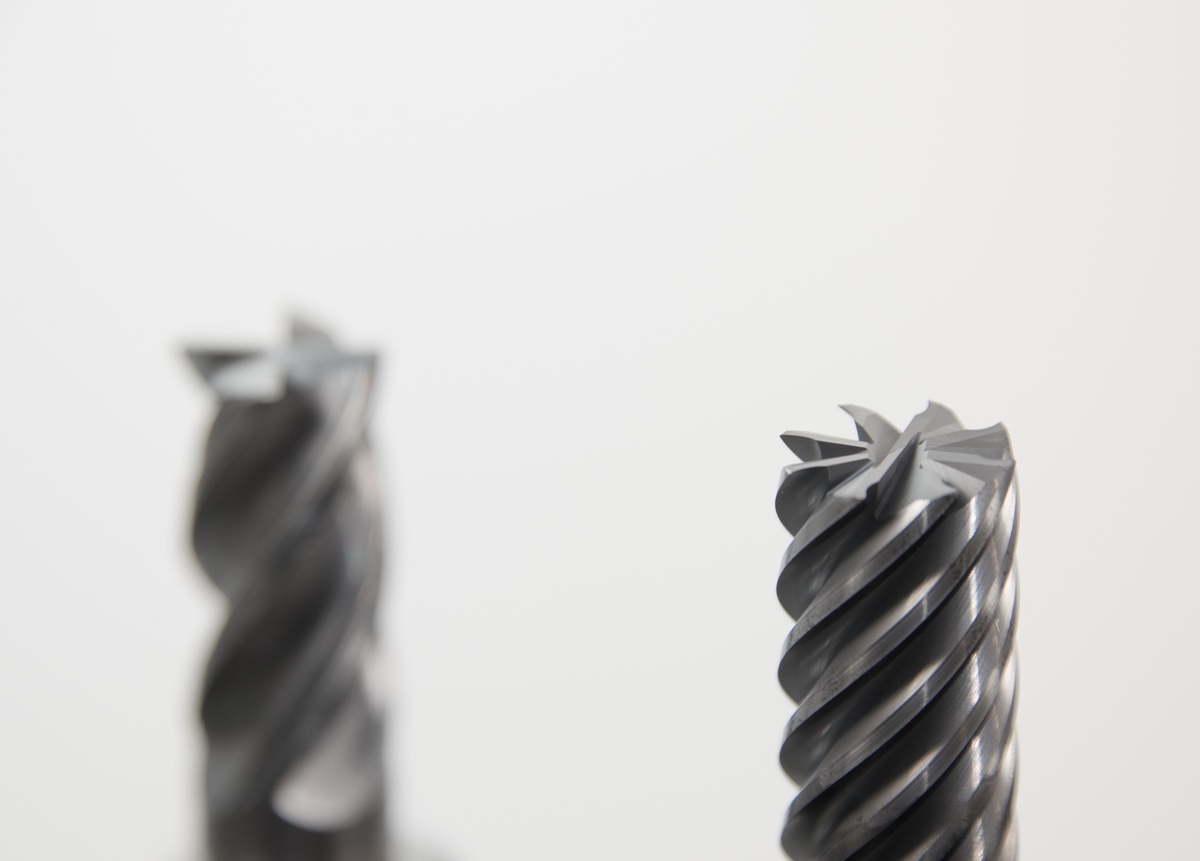Stainless steel has emerged as a paramount material in precision engineering, revolutionizing the manufacturing landscape with its exceptional properties.
In this article, we look into how stainless steel helps to form custom precision steel parts. From understanding the versatility of stainless steel to exploring its applications in various industries, we embark on a journey to uncover the significance of this remarkable alloy in the world of precision manufacturing.
Understanding Stainless Steel
Stainless steel is an alloy primarily composed of iron, carbon, and chromium, along with other elements depending on the specific grade. Its key feature is its corrosion resistance, making it highly durable and suitable for various applications.
Stainless steel possesses a unique combination of properties that sets it apart from other metals and alloys. Its primary advantage is its exceptional corrosion resistance, making it ideal for applications where durability and longevity are essential. Additionally, stainless steel's hygienic properties, ease of fabrication, and recyclability contribute to its superiority over other materials when forming custom parts for various industries.
Precision Engineering with Stainless Steel
The role of precision engineering in manufacturing custom steel parts is paramount to ensuring the highest quality, accuracy, and functionality of final components. Precision engineering is a specialized process involving the design, analysis, and fabrication of parts with extremely tight tolerances and exact specifications. Precision engineering helps in:
- Design and Planning
- Material Selection
- Advanced Machining Techniques
- Tight Tolerances
- Quality Control and Inspection
Benefits of Stainless Steel in Custom Parts
The usage of stainless steel in custom parts offers a wide range of benefits that make it a popular choice in various industries. Some of the key advantages include:
Corrosion Resistance: Stainless steel is highly resistant to corrosion, making it ideal for applications in harsh environments, outdoor settings, and industries exposed to moisture, chemicals, and other corrosive agents. This resistance helps custom parts maintain their integrity and functionality over extended periods, reducing maintenance and replacement costs.
Durability and Longevity: Stainless steel's inherent strength and toughness make custom parts highly durable, capable of withstanding heavy loads, impacts, and wear. Its resistance to deformation and fatigue ensures that the parts maintain their structural integrity even under challenging conditions, resulting in longer service life.
Aesthetic Appeal: Stainless steel has an attractive, smooth, and lustrous finish aesthetic appeal to custom parts. It enhances the overall appearance of products, making them visually appealing and suitable for use in consumer-facing applications.
Versatility: Stainless steel gets easily fabricated into a wide range of custom parts, including complex shapes and designs. It offers high formability and can be welded, machined, and formed using various techniques, providing versatility in meeting specific design requirements.
Temperature Resistance: Stainless steel demonstrates exceptional resistance to extreme temperatures, rendering it suitable for applications that entail high heat or cryogenic conditions. It maintains stability and preserves its mechanical properties across a wide temperature range.
High Strength-to-Weight Ratio: Stainless steel offers a high strength-to-weight ratio, making custom parts lightweight yet robust. It is particularly advantageous in industries such as aerospace and automotive, where weight reduction is critical for improving fuel efficiency and performance.
Applications of Custom Precision Steel Parts
Custom precision steel parts find extensive applications across various industries due to their high accuracy, durability, and reliability. Some of the applications include:
Aerospace Industry: In aerospace applications, custom precision steel parts get used in aircraft engines, landing gears, structural components, and avionics systems. Their high strength and ability to withstand extreme conditions make them essential for ensuring the safety and performance of aerospace equipment.
Automotive Industry: Custom precision steel parts play a critical role in the automotive sector, where accuracy and reliability are crucial. These parts are ideal for engines, transmissions, chassis, braking systems, and steering components, contributing to overall safety and efficiency of vehicles.
Medical Equipment: Precision steel parts get used in medical devices and equipment, such as surgical instruments, implants, and diagnostic tools. The high precision and biocompatibility of stainless steel ensure that medical equipment meets stringent quality and safety standards.
Electronics and Telecommunications: Custom precision steel parts are integral to electronics and telecommunications devices, including smartphones, computers, and networking equipment. They provide structural support, heat dissipation, and electromagnetic shielding, ensuring optimal performance and reliability of electronic devices.
Industrial Machinery: In the industrial sector, precision steel parts get used in machinery and equipment such as pumps, valves, gears, and bearings. Their accuracy and durability enhance the efficiency and productivity of industrial processes.
Food Processing: The food processing industry relies on custom precision steel parts in manufacturing equipment such as conveyors, mixers, and filling machines. Stainless steel parts are easy to clean, corrosion-resistant, and comply with strict hygiene standards.
Defense and Military: In defense applications, custom precision steel parts get used in firearms, military vehicles, and communication equipment. Their durability and performance under extreme conditions are essential for defense and military operations.
Conclusion
In conclusion, stainless steel's use in crafting custom steel parts holds significant importance across industries. Its unique properties – corrosion resistance, durability, and versatility make it a preferred choice for intricate and high-performance parts. As industries evolve and demand higher quality, stainless steel remains a partner in pursuing excellence. It's enduring qualities and ongoing innovation solidify its role in custom precision manufacturing.


No comments yet